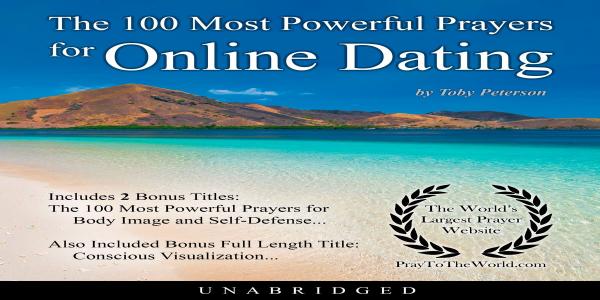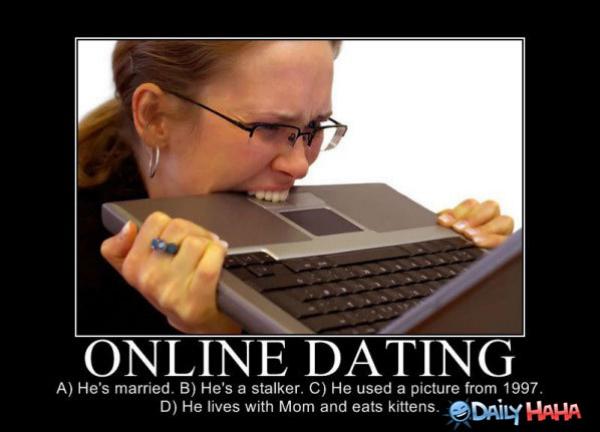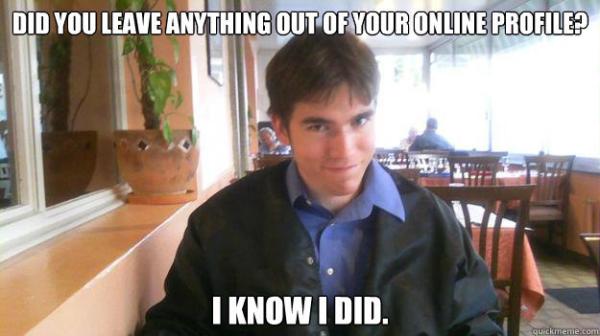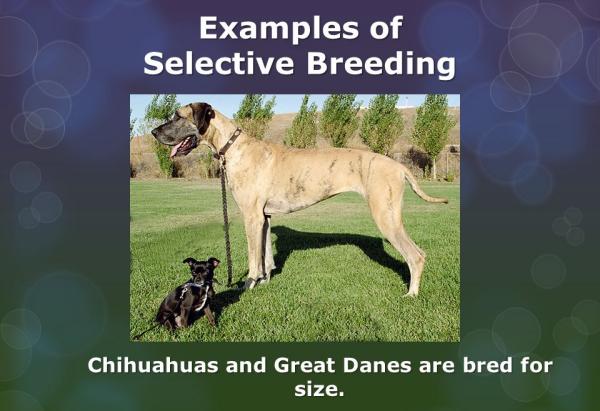More selective breeding, er I mean: online dating
Darwin would be really proud here. Or not?
These days, even if they may be “icky and bad for love”, or waiting for Facebook to ruin the whole field for good, we have specialized dating apps for all the main social groups: from “black singles,to ex-pat asians and worshipers of any major religion”. Heck, we even have books like this, whose existence I would have rather ignored:

and, if nothing else works, even services to marry yourself. What could possibly go wrong?
This is the world in which, once upon a time, there was a lady who wanted to marry. She realized that, statistically, her native city of 1.5 million could offer only 35 suitable men. So she tried online dating, only to find a lot of “truly awful dates”.

This, she realized, was not because of algorithms. The algorithms WERE working as intended, that is “matching up information that she had provided with other people’s information”. The problem was her and everybody else, because “very few of us [can] be totally and brutally honest with ourselves”:

So she started going to dates with a laptop, to record data like stupid remarks or bad vocabulary, and to analyze those data, to find ways to filter out bad dates BEFORE contacting them. This helped her find a great guy who… a) didn’t like her back and b) had just too many other profiles to contact, that looked equally or more promising.
Next step was “market research”. She created fake male profiles to gather data on the women who were going to be attracted to the type of man that SHE wanted to marry. The goal? To figure out how to rewrite her own online profile so that it was “still me, but optimized for this ecosystem”. That did work well, leading to a happy marriage.
Everybody with the right cards can find love!
The lady’s conclusion of her happy ending is that “As it turns out, there is an algorithm for love”.
Of course, I am sincerely happy for her. Really. But in the big picture her story, together with the whole “niche dating market”, is a text-book example of the unintended consequences that the “notes about (digital) artefacts” describe in this way:
“The effect of super-computers controlling human meta-desire is still unknown, and under-appreciated… Humanity is now engaged in a machine-directed, mildly eugenic breeding program courtesy of online dating (already, two forms of relationships - those featuring significant height discrepancies, and those featuring childhood sweethearts - are now FAR LESS COMMON THAN they used to be)."
The reason the “algorithm for love” worked so well for that lady is simply that she was born with the right skills, and got the right training, to successfully “hack” online dating”.
A service, that is, that even without hacking “works” much more often for people who are relatively affluent and broadband-empowered. For poor people, who deserve just as much to find the right person, it’s a whole different story.

<u><em><strong>CAPTION:</strong>
<a href="https://slideplayer.com/slide/7535377/" target="_blank">Source: Selective Breeding or Artificial Selection</a>
</em></u>
No matter how great the result is for individual couples, the unintended consequences for society as a whole are those I had already summarized as:
- “Online dating = self segregating castes, faster”…
- even without DNA-based apps to accelerate that segregation
How stable can that be, in the long run?
Image sources: linked articles and “Hilarious online dating truths”
Who writes this, why, and how to help
I am Marco Fioretti, tech writer and aspiring polymath doing human-digital research and popularization.
I do it because YOUR civil rights and the quality of YOUR life depend every year more on how software is used AROUND you.
To this end, I have already shared more than a million words on this blog, without any paywall or user tracking, and am sharing the next million through a newsletter, also without any paywall.
The more direct support I get, the more I can continue to inform for free parents, teachers, decision makers, and everybody else who should know more stuff like this. You can support me with paid subscriptions to my newsletter, donations via PayPal (mfioretti@nexaima.net) or LiberaPay, or in any of the other ways listed here.THANKS for your support!